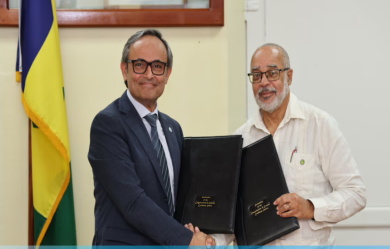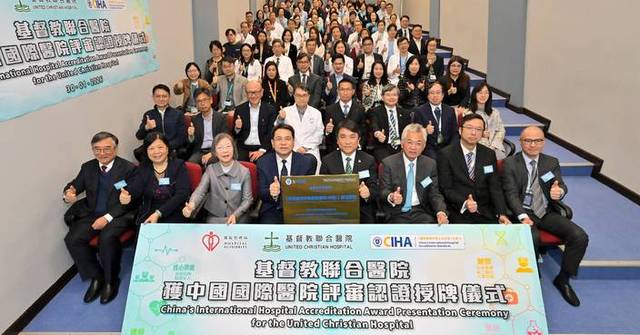Rare diseases: A global healthcare challenge

Global challenge
Rare diseases are considered a global challenge because they affect around 400 million people worldwide.
Asia-Pacific region has the highest number patients at more than 258 million, with about 3.5 million living in Thailand.
Countries face common challenges in the management of rare diseases. These include limited access to timely diagnosis, long reimbursement processes, low awareness among public and healthcare providers, and a lack of skilled medical professionals and dedicated specialised centres.
Bekkali pointed out that it takes, on average, five years for patients living with rare diseases to receive a correct diagnosis, adding that misdiagnosis is a frequent occurrence in such cases.
“It means that a patient needs to see several physicians before meeting the expert or specialist who will recognise and identify their disease,” she said.
On the positive side, many countries have established initiatives to address these issues, improving the quality of life for patients as well as boosting economic growth.
Thailand has come up with several initiatives. For instance, the National Health Security Office (NHSO) has listed 24 rare diseases treatable under its universal coverage scheme. The NHSO has also introduced mass spectrometry screening of newborns nationwide to diagnose metabolic disorders and enable early intervention.
However, these initiatives address only part of the problem.
“We know that today, there are probably only around 20,000 patients in Thailand who have access to treatment for their rare disease, so there is a lot that needs to be done for all the others,” Bekkali said.
She also hopes that more rare diseases will be included in Thailand’s universal coverage system to enable patient access to innovative treatments when available.

Partnership efforts
AstraZeneca continues to advance its mission of delivering rare disease medicines and innovative solutions to more patients in countries worldwide, including Thailand.
For instance, six medicines developed by AstraZeneca to treat rare diseases such as atypical Haemolytic Uremic Syndrome (AHUS) paroxysmal nocturnal haemoglobinuria (PNH) and neuromyelitis optica spectrum disorder (NMOSD) have been approved by many countries.
Meanwhile, the company is currently conducting 20 clinical trials aimed at developing treatments for rare diseases with significant unmet needs, which are anticipated to benefit patients upon approval.
Today, AstraZeneca’s treatments support rare disease patients in 70 countries, with the company aiming to expand its reach to 100 countries by 2030.
Public-private partnerships that address timely access as well as shape the overall ecosystem for rare disease treatment are critical to this effort. There is also a need to bring key stakeholders together from across the region to learn from one another, and identify common challenges and opportunities for collaboration.
“Investing in research and development, as well as getting regulatory approval is just the first step in this journey. The second step is how those treatments can become available for patients in their respective countries,” Bekkali said.
She also expressed hope that next year’s World Health Assembly will encourage all countries to implement national plans and policies to support treatment of rare diseases.
link






